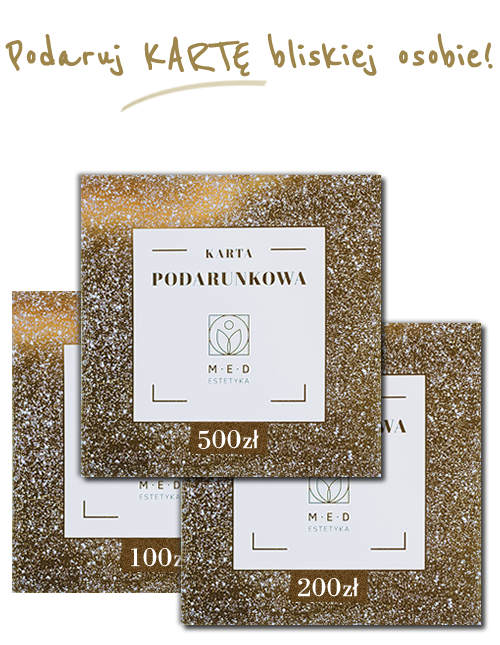Urine sediment cytology
Material: urine
Price of the study: PLN 100
Waiting time: result after 10 working days
Booking:
Price of the study: PLN 100
Waiting time: result after 10 working days
Booking:
- We perform the test without prior reservation only at selected intake points/hours - NOTE! Check the hours of the tests
Preparation for the study
General
- The material for the test is urine from the second micturition(portion)of urine during the day, after several hours of lagging in the bladder.Morning urine after an all-night rest, is not suitable for the test because the cells are exposed to a long night exposure to uric acid. The minimum amount of urine for the test is 30 ml.
The urine container, labeled with your name, should be delivered to the Laboratory as soon as possible. - The patient does not need to be fasting.
Detailed for women
- Women should take the test at least 3 days after menstruation.
Important
To perform the test, it is absolutely required:
- attachment of the result of urinary tract ultrasound/cystoscopy if such an examination was performed,
- to attach the results of histopathological tests performed in the process of treatment of urinary tract/bladder cancer, if such a test was performed.
- attachment of the result of urinary tract ultrasound/cystoscopy if such an examination was performed,
- to attach the results of histopathological tests performed in the process of treatment of urinary tract/bladder cancer, if such a test was performed.
Description
Urine cytology is a non-invasive, simple and accessible test helpful in detecting cancerous changes in the epithelium of the urinary tract, especially the bladder.It is also useful for follow-up after oncological treatment to detect recurrence. It also provides the opportunity to detect cancer from the transitional epithelium of the urinary tract in the preclinical stage, long before the possibility of diagnosis by radiographic and endoscopic studies. The test is also useful in detecting carcinoma in situ, malignant papilloma lesions and cancer in the bladder diverticulum.
It is very important diagnostically to perform a combined bladder ultrasound and cytological examination of urine sediment. This type of procedure increases the detection of cancerous processes, while reducing the frequency of bladder speculum (cystoscopy). These two non-invasive and painless examinations (usg + cytology) can now partially replace the commonly used cystoscopy, which has not always been well tolerated by patients.
Urine cytologic examination has a very high sensitivity for malignant tumors (low grade of differentiation). It is used in the prevention and follow-up of patients treated for bladder or upper urinary tract cancers.
Bladder cancer is a common disease in humans - it accounts for about 2-3% of all malignancies. It occurs more often in men and is the second-most common cancer of the genitourinary tract after prostate cancer.In men over 45 years of age who are genetically burdened or exposed to carcinogens, urine cytological examination should be performed once a year.
It is very important diagnostically to perform a combined bladder ultrasound and cytological examination of urine sediment. This type of procedure increases the detection of cancerous processes, while reducing the frequency of bladder speculum (cystoscopy). These two non-invasive and painless examinations (usg + cytology) can now partially replace the commonly used cystoscopy, which has not always been well tolerated by patients.
Urine cytologic examination has a very high sensitivity for malignant tumors (low grade of differentiation). It is used in the prevention and follow-up of patients treated for bladder or upper urinary tract cancers.
Bladder cancer is a common disease in humans - it accounts for about 2-3% of all malignancies. It occurs more often in men and is the second-most common cancer of the genitourinary tract after prostate cancer.In men over 45 years of age who are genetically burdened or exposed to carcinogens, urine cytological examination should be performed once a year.
Indications for the study:
- urinary tract complaints, especially when hematuria, hematuria, suspicion of a proliferative process occurs;
- patients with a diagnosed and treated bladder tumor - for early detection of possible recurrence;
- prolonged, difficult-to-treat urinary tract infections;
- postmenopausal women suffering from various types of pain originating in the urinary tract;
- people exposed to increased exposure to carcinogens (e.g. aniline dyes used in the chemical industry);
- compulsive smoking.
Urine collected for cytological examination is evaluated by an experienced pathomorphologist according to the Paris system, in accordance with the 2017 PTP recommendations.
Development and preparation of material (applies to contractors only)
271


